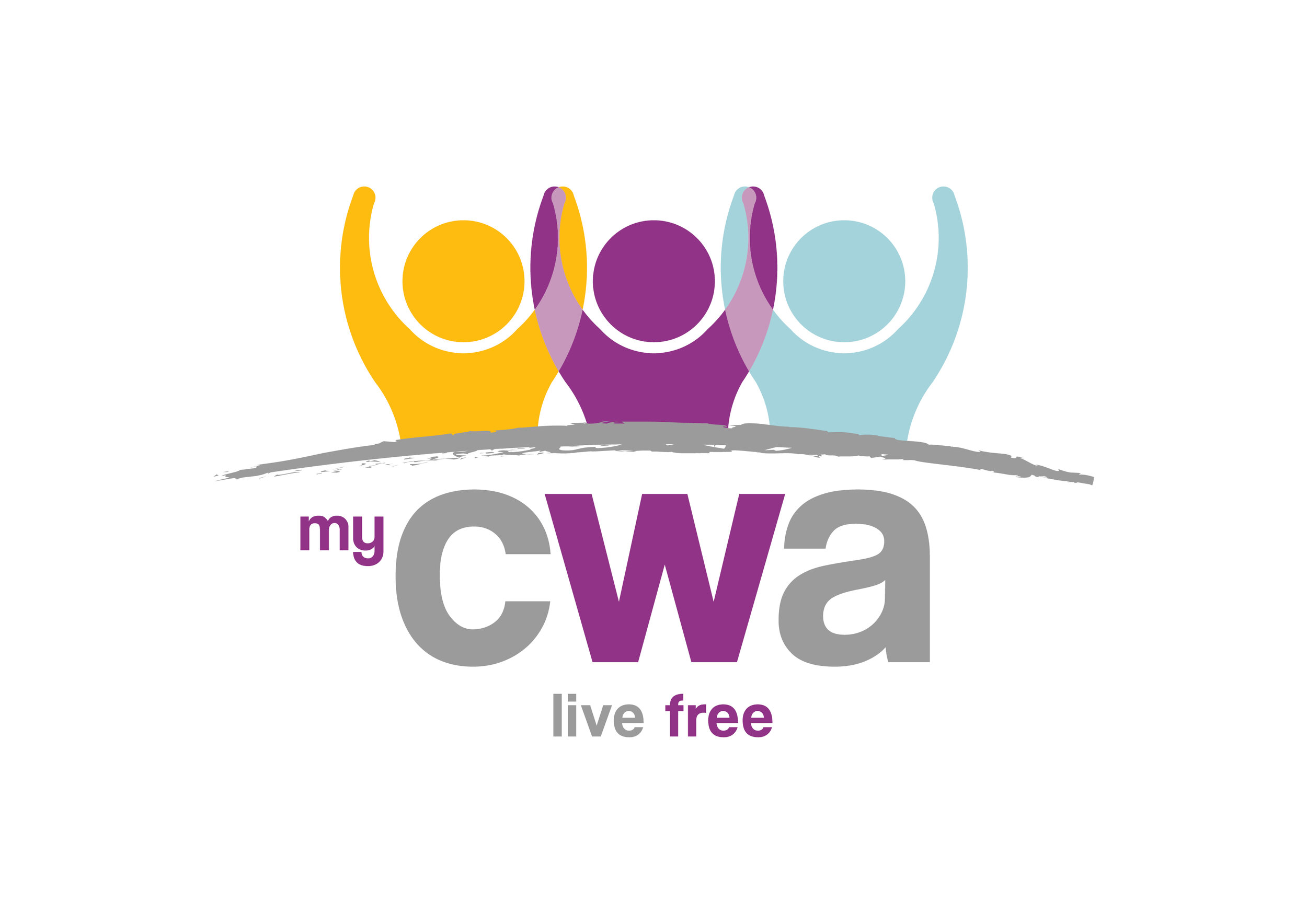body mapping
Understanding how we’re really feeling helps us know what we want and make choices. It helps us relate to other people. Even difficult feelings (like anger or sadness) help us get to know ourselves better.
Paying attention to our feelings isn’t always easy. But it’s a skill that anyone can practice. Here are some things to try:
Notice and name your feelings. To start, just notice how you feel as things happen. Say the name of the feeling to yourself. For example, you might say, "I feel proud," when a presentation goes well, "I feel disappointed" at not doing better on a test – or, "I feel friendly" when sitting with a group at lunch.
Track one emotion. Pick one emotion – like joy. Track it all day. Notice how often you feel it. Every time, make a mental note to yourself or write it down. Is the feeling mild, medium or strong?
Learn new words for feelings. How many different feelings can you name? Try thinking of even more. How many different words are there for "angry"? For example, you might be annoyed, mad, irate or fuming…
Keep a feelings journal. Take a few minutes each day to write about how you feel and why. Writing about your feelings is a way to express them. You can also make art, write poetry or compose music that captures an emotion you feel.
Notice feelings in art, songs, and movies. Pay attention to what the artist did to show those feelings. How do you feel in response? The more you are aware of your emotions, the more they help you know yourself and understand the people around you. Noticing and talking about feelings is a healthy way to express them. It keeps difficult feelings from building up.
Managing your emotions – regaining control
Think back to a time when you felt angry.
What did you feel?
Often we think of physical symptoms like tension, tightening muscles or a "pit of the stomach" feeling. You might feel cold or break out in a sweat. Your heart might pound and your breathing might change (fast, shallow breaths). You might even get a headache.
What did you think?
Lots of people fall into the trap of something called negative self-talk when they feel angry. If our self-talk (the things we say in our heads) is negative, our feelings of anger are probably going to feel more intense. By learning how to use calm, soothing self-talk, we can change how often we feel angry and – crucially – learn to stop our anger putting other people at risk of harm.
Negative self-talk could be something like “I'm not going to let her speak to me like that,” or “Another word from him and I am going to flip.” Thinking things should be done in a certain way (your way), labelling people as stupid or selfish – or catastrophizing (making something out to be far worse than it actually is) are also examples of negative self-talk.
How did you behave?
Anger is a perfectly natural emotion. We’ve all felt angry before. What isn’t acceptable is when our feeling of anger becomes an outward expression of aggression. Thinking about a time when you felt angry, what physical behaviours did you display? Lots of people clench their fists, clench their teeth, raise their voices or feel their faces getting redder.
When anger leads to extreme aggression – such as throwing objects, punching walls or physically assaulting someone else – there will usually early warning signs before things reach that point. Knowing what your own early signals are and how to respond to them before things escalate could be one of the most important skills you gain during this pandemic.
Just think about that for a moment.
Managing your emotions
Our body mapping tool is designed to help you manage your emotions. Click on either image below to download your own copy (in PDF format). Fill it in when you’re feeling relaxed and calm.
Take a look at our calm breathing and time out tools for more about learning how to stop your emotions getting the better of you during emotionally-charged situations.
If you need support, please get in touch with My CWA.
Our helpline is open 24/7 so you can call us at any time – 0300 123 5101.



